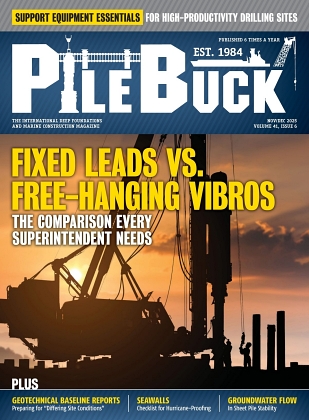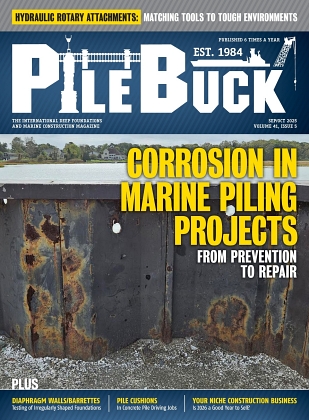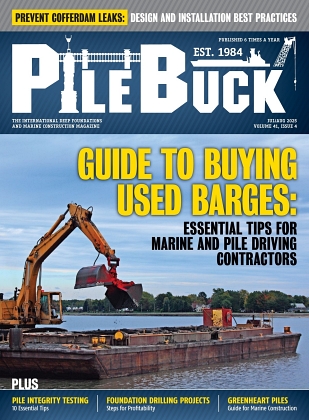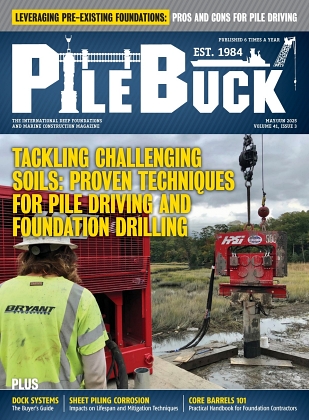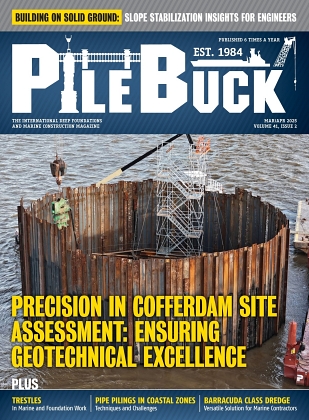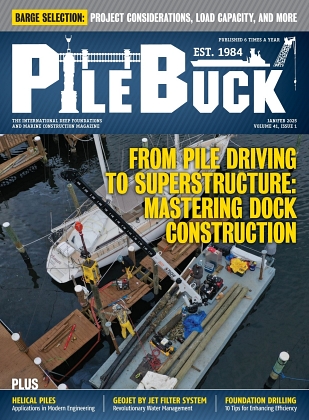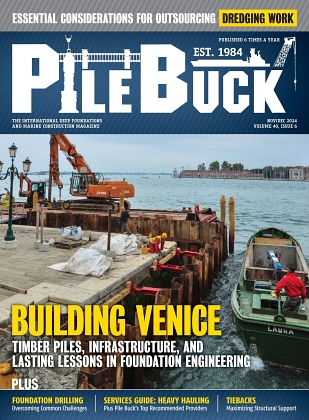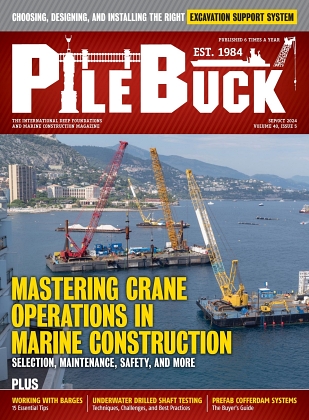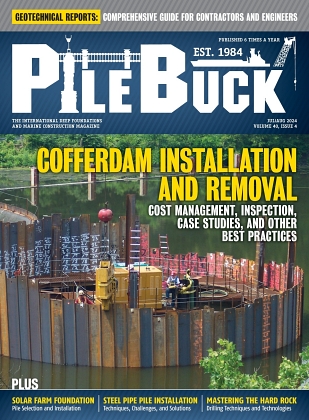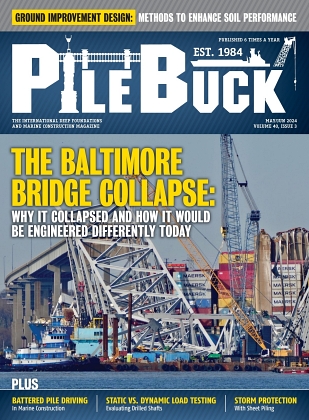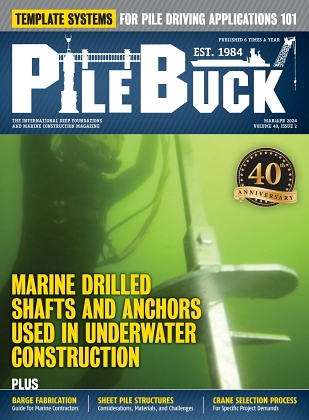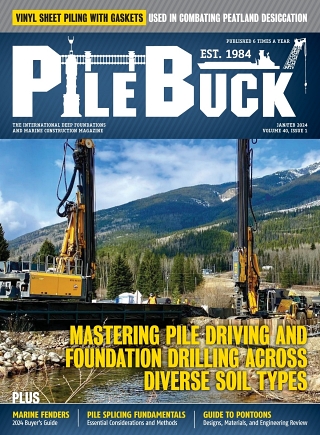Project Delay Strategies for Suppliers and Equipment Rental Companies


View the complete article here.
By Mark Rice, Esq.
What is the Mumbai case?
Well, a 123-page Court Opinion on project delays associated with construction of the new US Consular Office in Mumbai, India. It seems that parallel to the project, the US Government and the Republic of India were having a tax dispute, over whether consular offices were exempt from local property taxes, as an extension of the same sovereign immunity that, say, lets a lot of bad boy foreign diplomats out of parking tickets and even petty crimes in the host country. But the Mumbai Provincial Government decided it could leverage tax negotiations over segmented permits, for grading, foundation, vertical superstructure of walls and offices, and occupancy. At the same time, India was in New York Federal Tax Court more or less addressing the same tax issue in reverse, whether India had to pay New York state property taxes. What fun.
The contractor was repeatedly held up on a basic strong-arm: no taxes, no permit. It reminds me of when my 80-year old grandmother was stuck in Tehran on an 80-day tourist bus trip on the day the Iranian Revolution started, which ignited with riots on the Shah’s birthday. True story. Her bus was blocked by ten other buses, all in a herringbone pattern. To get out of town with their lives, grandma’s bus driver needed to bribe each bus, one by one, to get them to backup and let their bus out of town – an off to Afghanistan (just before the Russkie’s invaded, figure that).
The point being, project delays, threats of liquidated damages or LDs, can often feel no less crass and wild – ignoring your hard work, the extra effort, the unreasonable inspector, the challenging design, or differing site condition and altered access. War is hell, and a construction sight can become war or hell in a heartbeat, and then, let the finger-pointing begin.

Equipment Rental Companies usually do not create project schedules. They rent by the week or month. They are not on a “paid when paid” contract regime, bearing collection risk on project success – at least not officially. The equipment rental company, say a sheet pile or trenchplate provider, will require a Credit Application with 1.5% per month finance charges, attorneys’ fees, and a personal guarantee from the other and his three oldest children from his first marriage. The equipment though may be stuck in an open trench filled with workers on underground piping, and therefore, stuck for the long haul while project delays get worked out or extend into the next tax season.
What are the tools for the Equipment Rental Company, for the Supplier in such a case? Especially one whose offices are remote or out-of-state, with no boots on the ground or nearby?
It’s a good question. While there are no simple answers, there are basic strategies that any supplier or equipment rental company needs to consider, plan for and implement when hit with a project delay. Here are some ideas:
- Don’t rely on the recurrent rental cycle as a self-executing collection solution. Its not. Their problems will surely become your problems as the Prime Contractor and Owner duke it out over the massive certified claim taking years to resolve. Everyone will want you to be like an investor, not a hard money creditor, just wait and see. If this is not a regular customer, especially watch out. You’re expendable.
- Get your collection strategy tuned up and at the ready, at the border. Check your required preliminary notices, the project bond, get a copy, check the statutory rights like payment bond claims, stop notices and mechanics liens.
- Weekly check in calls with the customer contact, and get in writing predicted end dates. Confirm these. Get boots on the ground to examine the project. Get a copy of the updated schedule. Check for weak explanations and dog-ate-my-homework excuses that don’t ring true. They ain’t.
- Getting equipment “off rent” is at times a delicate prompt, but do it. Be pro-active with customers if not paying timely. Ask for the goods back, and schedule a pickup, after they give you a schedule of when the trenchplate or other rental equipment item is no longer (allegedly) needed.
- Weekly updates to your staff and the customer on a problem project keep you from getting burned.
Troubled projects beget more trouble as the trouble continues. Bad projects never get better, they get worse or stay bad. Equipment gets lost, stolen, un-inventoried, damaged, or just moved willy-nilly to other sites with no notice. I have seen it all, and collected against it all. Smell it coming, and you can stop it from coming.
This is a short list – a real list is custom-tailored to the situation, project, debt, customer, nature of the delay, proximity to the office, and available collection rights. Don’t be in your own version of Mumbai waiting for the local tax collector to approve the next mini-permit.

Some of you think I am making up this case over the Mumbai consulate -tax delay, others know it to be true. Here are some fun excerpts from that case, Civilian Contract Board of Appeals, Yates-Desbuild, Inc. Joint Venture v. Department of State, CBCA 3350, 3672; CBCA 4658, 4659 (September 19, 2017).to end on a whimsical note and cautionary tale:
… the local Mumbai Building Commissioner “informed [prime contractor] CG Owen that there would be no more building permits issued for the NCC [project] “until the NY case was settled.”
…“Department of State should have warned its contractor of this risk [of permit hold up].…at a certain point, the Government of India took action on its pre-award threats to interfere in the permit process, and that action affected the project duration. Department of State must assume responsibility for that delay.”
And Note, while the judge accepted the contractor’s delay claim, it found most of the delay period and delay damages unrecoverable, for inadequate proof. Meaning, when there is a delay event, have a staff meeting, assign an additional project engineer or whip-smart superintendent, to help document and calculate the time impact. Don’t wait until court to discovery that the daily foreman’s minutes are mush, or whiny, or not complete. Build a brick and mortar foundation of evidence, not a collage of tape and glue.
Tony Soprano knew how to collect his money. Train your team to “think like Tony” – or at least like a lender, since ultimately, you are lending credit when you have your equipment leave the yard to jobsites unknown.
View the complete article here.
What is the Mumbai case mentioned in the article, and how did it impact the construction project?
The Mumbai case refers to a 123-page Court Opinion on delays in constructing the new US Consular Office in Mumbai, India, caused by a tax dispute between the US Government and the Republic of India, resulting in permit hold-ups and project complications.
What strategies should equipment rental companies and suppliers adopt when faced with project delays and potential payment issues?
Strategies include proactive collection efforts, thorough preliminary checks, regular communication for project updates, repossessing equipment when necessary, and meticulous documentation to support claims in case of disputes.

